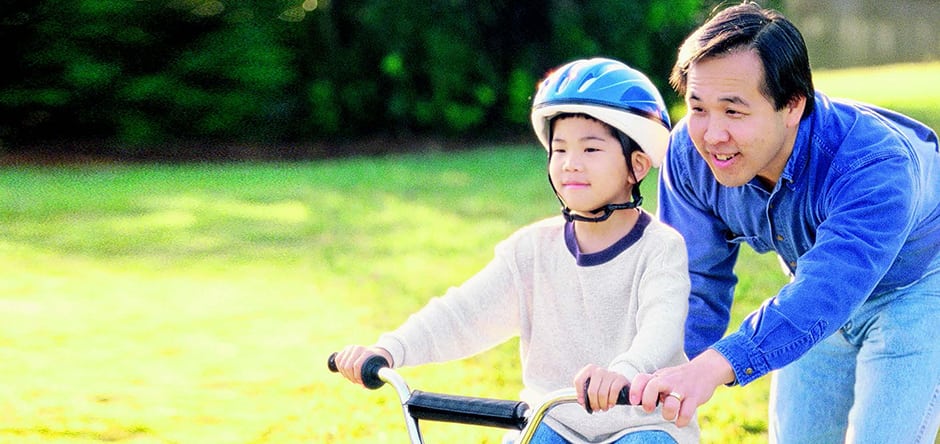
[This piece was written by Frank Dimase, MD FACEP, Chief of Emergency Medicine at St. Peter’s Hospital.]
Don’t spoil your summer fun by having to make a trip to the hospital Emergency Department.
Getting outdoors to playgrounds, pools and campgrounds puts kids particularly at risk. An estimated 3.5 million children aged 14 and under suffer sports- and recreation-related injuries each year. Young adolescents (aged 10-14) have the highest injury rates of any age group. The major categories are:
Wheels: About half of the injuries to kids involve bicycles, skates and skateboards. Most injuries are broken bones and muscle sprains, but they can also mean traumatic brain injuries.
Water: Drowning is the second-leading cause of death for children under age 12.
The key to safety? Proper supervision. Younger children should be kept within arm’s reach around the pool, lake or other bodies of water. Kids using bikes, skates and skateboards should wear helmets and other protective gear. It’s a tragedy when a child is left disabled for life for simply failing to wear a helmet.
Adults are also at risk for injury, between involvement in sports, recreation on boats and all-terrain vehicles, and duties involving lawn mowers, tractors and weed-trimmers. For boating and other activities, limit alcohol use and follow all recommended safety tips. Having a first aid kit on hand is always a good idea.
Basic common sense applies when you are working in the yard:
- Wear sturdy shoes
- Clear away loose objects before using lawn equipment
- Keep kids and pets away
- Don’t put gasoline in a hot engine.
Whenever you are going to be outside for more than 15 minutes, use sunblock to protect everyone from sunburn (and possibly developing skin cancer). Drink enough water to avoid overheating and possible heat stroke.
In addition to injury prevention, people with certain conditions must also take care in the summer. Persons with asthma who have certain environmental allergies, such as to pollen, should be careful not to get over-exposed. And the very young, very old or persons with underlying heart conditions are also at high risk for heat illness.
The Emergency Department at St. Peter’s Hospital is staffed with a team of specially trained professionals who respond to a wide range of illnesses and injuries – 24 hours a day, seven days a week – for patients of all ages. Board-eligible/certified emergency physicians, physician’s assistants, nurse practitioners, nurses, respiratory therapists, social workers, patient-care technicians, patient information associates, and chaplains all work together as a team to provide a patient-focused approach to emergency care.





